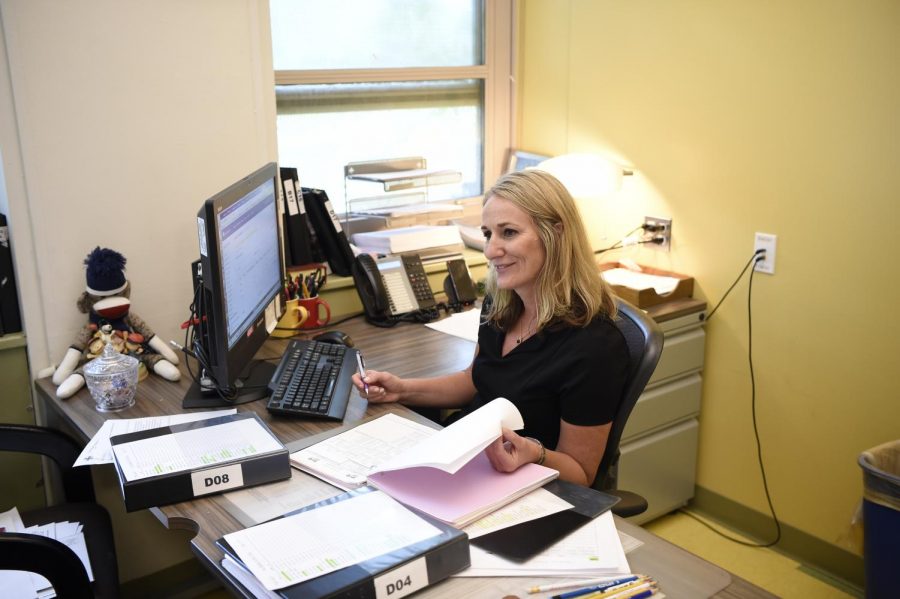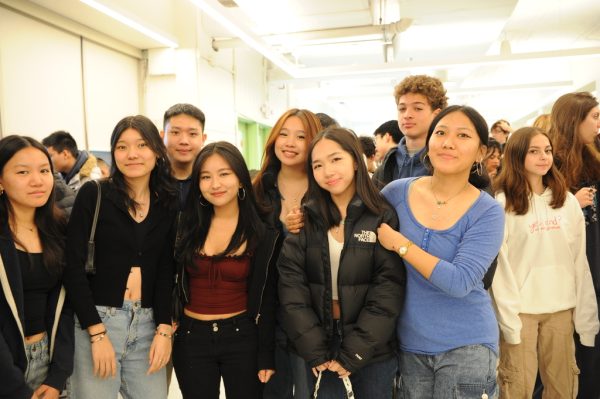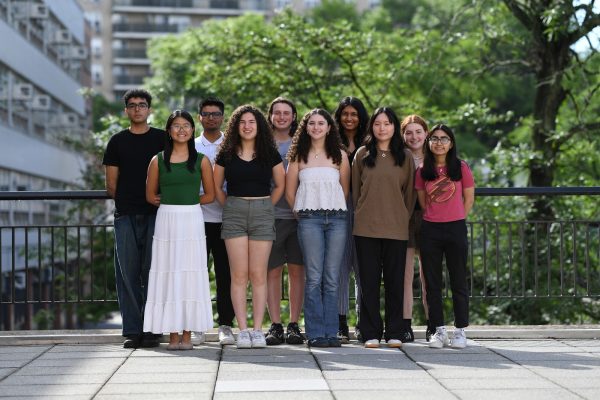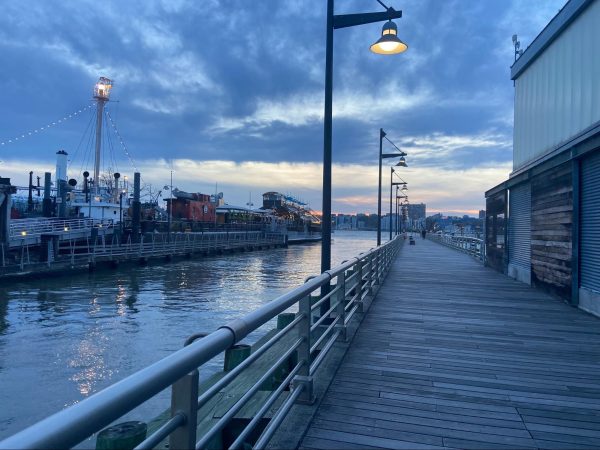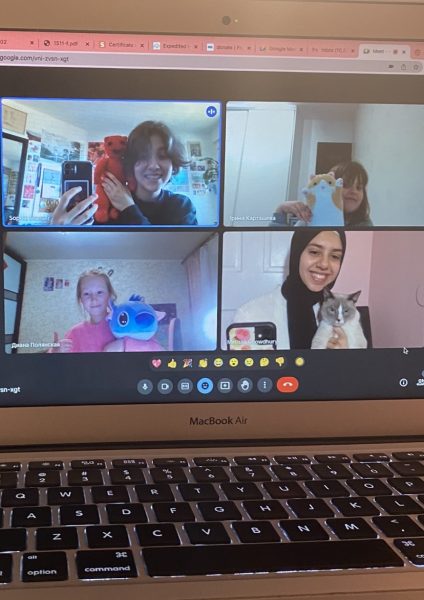Class of 2024 Becomes Class of 2025
Many high school seniors opt for a gap year as a result of the Coronavirus pandemic.
Ms. McHugh, a guidance counselor and the Co-Director of the College Office at Bronx Science, is in a college meeting with one of her students back in March 2020 before the Coronavirus pandemic upended many seniors’ plans for in-person college this fall.
Nationwide, it seems like the senior class of 2020 can’t catch a break. After losing the second semester of our senior year, there is now the risk of missing out on our first year of college as well. With all of the uncertainty that we are all experiencing right now due to the Coronavirus pandemic, many high school seniors across the country are opting to take a gap year before starting their college careers.
A gap year is a break taken between senior year of high school and the first year of college with the approval of your college. Students usually spend this time doing something educational and meaningful. They can conduct research, volunteer, or travel abroad, all to gain experience and spend time doing something about which they are passionate.
This year, the number of students who have chosen to take a gap year has increased because of confusion caused by the Coronavirus pandemic as to whether or not colleges and universities across the country will be able to open and hold in-person classes safely this fall. Based on a survey of 1,171 seniors conducted in April 2020 by the Art&Science Group, approximately 17% said their college plans were going to change because of the Coronavirus pandemic. Out of that group, 16% said that they will be taking a gap year. UCLA found that in normal years, only three percent of students take gap years. Now, students are not sure if colleges are going to open up in their normal capacity for their fall semester. Instead of paying full tuition for only a partial college experience, many students would rather delay the start of their college experience rather than take this risk.
Not only is it possible that classes will be conducted entirely online this fall, but even if college campuses do open up, it is likely that many staples of the college experience will be eliminated or severely reduced. This includes Greek life, athletics, school spirit, clubs, and possibly even dorms and housing. Nancy Chen ’20 is currently scheduled to attend the University of Michigan this fall, but she has been considering taking a gap year. “I don’t know and still don’t know how problematic the Coronavirus pandemic will still be when school starts. I also didn’t want to miss a lot of the fun events designated for my first year,” said Chen.
However, even gap years come with some concern. If COVID-19 restrictions continue, it will be difficult for students to take part in the traditional gap year experiences. Travel, jobs, and internships will all be restricted. Leann Goldberg ’20 will be attending the University of Pennsylvania after her gap year. “My tentative plan is to spend the fall semester on a farm in the United States, ideally somewhere warm, because farms are really desperate for volunteers and help after the pandemic caused them to lose many of their workers,” said Goldberg.
In the same study by Art&Science, it was found that twelve percent of the seniors who have made a college tuition deposit have changed their minds, and will not be attending their chosen schools this fall. This is partly because many families have been hurt economically by the pandemic. In fact, 52% of the students reported a parent having lost their job. A different study conducted from March 27 to April 5, 2020 by ACT found that the students who are most likely to change their college decision are non-white, first generation families.
Unfortunately, in some cases the opposite has been true. Some students simply cannot afford to take a gap year, further revealing the economic disparities that exist in our country. There are many families across the country who rely on government assistance. This assistance is reduced when children turn eighteen. In these situations, families rely on the university to provide the housing, meals, and health insurance for these students, in addition to providing them with an education. Not only will these students not have the option to take a gap year, but they will be severely impacted if college campuses are unable to open up in their normal capacity this fall.
As New York City begins to open up, it would make sense that everyone will start to feel a little more comfortable. Still, anything can happen, and we seniors definitely understand that. “I’m hopeful that University of Michigan will be able to hold classes on campus safely this fall. Fingers crossed!” said Chen.
“I don’t know and still don’t know how problematic the Coronavirus pandemic will still be when school starts. I also didn’t want to miss a lot of the fun events designated for my first year,” said Chen.
Sofia Mahairas is the Editor-in-Chief of ‘The Sciencey Survey’ and a Staff Reporter for the ‘The Observatory.’ She enjoys journalism because...
Nate Lentz is a Photo Editor and Chief Photographer for ‘The Observatory.’ Nate has always had a great appreciation for the world around him, and uses...

